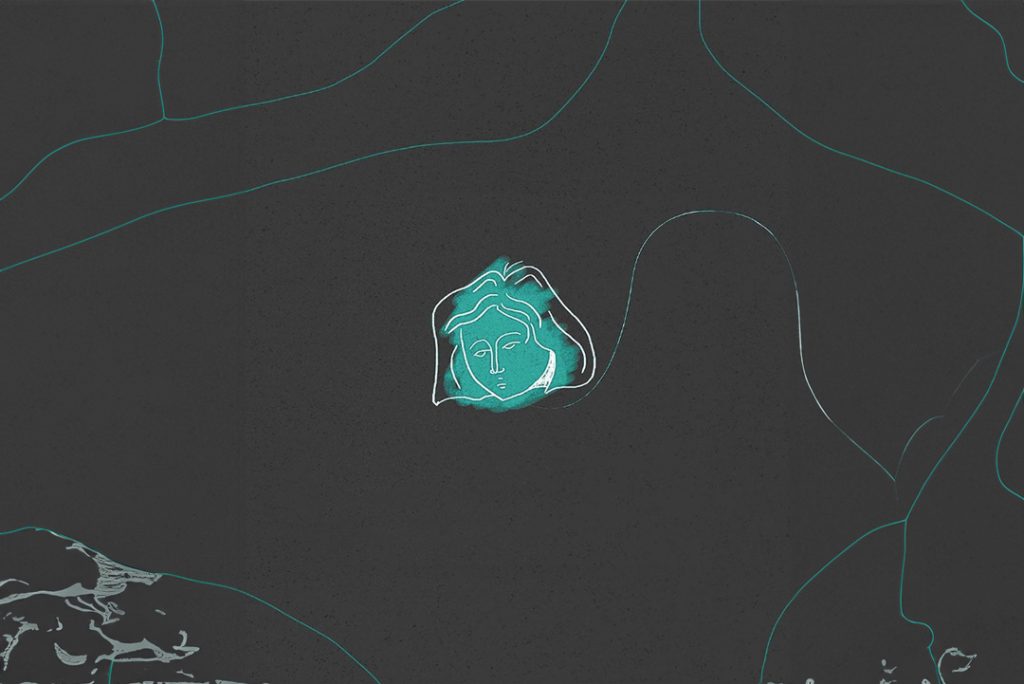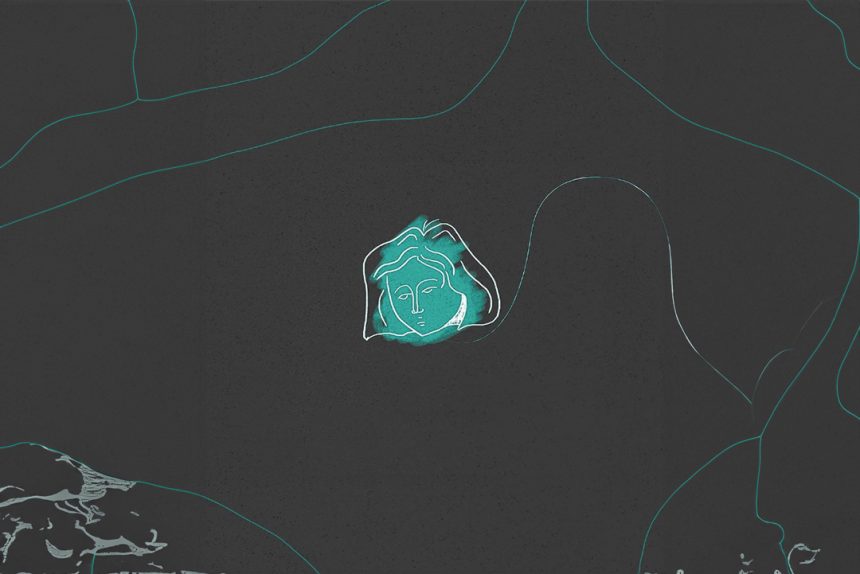In our complex world, understanding the signs of suicidal thoughts is vital for everyone, from friends and family to professionals. Recognizing these indicators can be the difference between life and death, offering a lifeline to those in the shadows of despair. In this guide, we’ll delve deep into the essential signs to watch out for, empowering you to be a beacon of support for those in need.

1. Conversations About Death When individuals frequently allude to a desire to end their lives, or when they share feelings of intense guilt, shame, or the sentiment of being a burden, it’s a significant red flag signaling potential suicidal thoughts.
2. Overwhelming Emotional Turmoil Expressions of profound emptiness, the sensation of being trapped, or a perceived lack of purpose in life are strong indicators. If someone displays heightened sadness, anxiety, agitation, anger, or mentions insufferable emotional or physical pain, these are also clear signs.
3. Shifts in Behavior Actions such as formulating a plan for death, distancing oneself from loved ones, bidding farewells, distributing cherished possessions, or drafting a will, hint at contemplation of suicide.
4. Engaging in Hazardous Acts If someone suddenly starts taking perilous risks like reckless driving, it could be more than mere thrill-seeking. Such acts might be a manifestation of their attempt to cope with their emotional agony.
5. Dramatic Mood Oscillations Should you observe someone experiencing intense mood fluctuations, alterations in eating or sleeping patterns, or an escalated use of substances like drugs or alcohol, they might be showing signs of distress and the possibility of suicidal tendencies.
If you recognize these symptoms in someone you know, especially if these behaviors appear new or have intensified, it’s imperative to seek expert assistance promptly. Recognizing and acting on these signs can make a difference; it might just save a life.

Leave a Reply